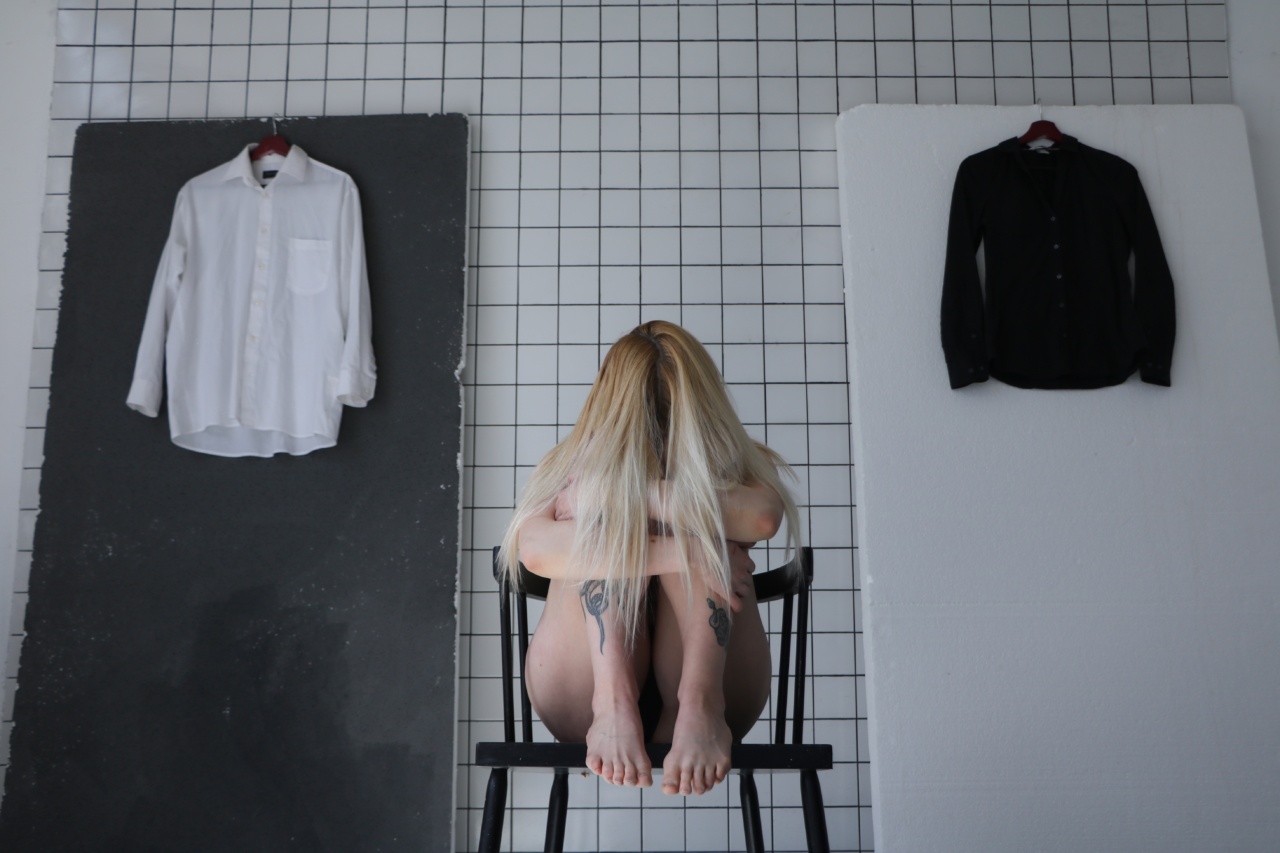Anxiety is a pervasive mental health condition that affects millions of people worldwide. It is characterized by constant worry, fear, and a sense of impending doom. The symptoms can be overwhelming and greatly impact a person’s daily life.
Fortunately, there are various techniques and practices that can help reduce anxiety symptoms, one of which is mindfulness and meditation.
Understanding Anxiety
Anxiety is more than just feeling stressed or worried; it is a chronic condition that can significantly impair a person’s ability to function. Common symptoms of anxiety include:.
- Feeling restless or on edge
- Difficulty concentrating
- Shortness of breath or rapid heartbeat
- Trouble sleeping
- Excessive sweating
- Muscle tension or headaches
These symptoms can range from mild to severe and can be triggered by various factors, including genetics, brain chemistry, personality, and life events.
While anxiety may never completely go away, individuals can learn to manage and reduce their symptoms through various techniques.
What is Mindfulness?
Mindfulness is the practice of bringing one’s attention to the present moment, intentionally and without judgment. It involves focusing on sensations, thoughts, and emotions without getting caught up in them or reacting impulsively.
Mindfulness is a non-religious practice that has its roots in Buddhist meditation. However, it has been secularized and adapted for use in modern therapeutic settings.
Benefits of Mindfulness
Research has shown that practicing mindfulness regularly can have numerous benefits on mental health, including reducing anxiety symptoms. Here are some ways mindfulness can help:.
1. Increased Self-Awareness:
Mindfulness allows individuals to become more aware of their thoughts, emotions, and physical sensations. This self-awareness helps them recognize anxiety triggers and patterns, enabling them to respond more effectively.
2. Reduction in Rumination:
Rumination is a common symptom of anxiety where individuals get caught in a cycle of repetitive negative thinking. Mindfulness helps break this cycle by redirecting attention to the present moment, reducing the tendency to ruminate.
3. Enhanced Emotional Regulation:
Mindfulness helps individuals develop better control over their emotions, allowing them to observe and accept difficult emotions without getting overwhelmed by them. This increased emotional regulation reduces anxiety symptoms.
4. Lowered Stress Levels:
Mindfulness activates the body’s relaxation response, reducing the production of stress hormones. This leads to a significant decrease in overall stress levels, which is beneficial for managing anxiety.
What is Meditation?
Meditation is a practice that involves training the mind to focus and redirect thoughts. It often involves sitting comfortably in a quiet place and concentrating on a specific object, such as the breath or a mantra.
Meditation has been practiced for thousands of years in various religious and spiritual traditions and has gained significant popularity in recent years due to its positive impact on mental well-being.
Benefits of Meditation
Similar to mindfulness, meditation has been extensively studied and found to have numerous benefits on mental health, including reducing anxiety symptoms. Let’s explore some of these benefits:.
1. Improved Attention and Focus:
Meditation trains the mind to be more focused and attentive. This can be particularly helpful for individuals with anxiety who often struggle with racing thoughts and difficulty concentrating.
2. Stress Reduction:
Meditation activates the body’s relaxation response, similar to mindfulness. Regular practice can significantly reduce the physical and mental symptoms of anxiety by reducing overall stress levels.
3. Increased Resilience:
Meditation cultivates a sense of inner strength and resilience. It helps individuals build the mental and emotional resources necessary to cope with anxiety triggers and challenges effectively.
4. Better Overall Emotional Well-being:
Meditation promotes emotional balance by reducing negative emotions and enhancing positive ones. It allows individuals to observe their thoughts and feelings without judgment, reducing anxiety symptoms.
Combining Mindfulness and Meditation for Anxiety Relief
While mindfulness and meditation are powerful practices on their own, combining them can amplify their benefits for anxiety relief. Here are some tips to incorporate both practices into your daily routine:.
1. Start with Short Sessions:
If you’re new to mindfulness and meditation, start with short sessions of 5-10 minutes once or twice a day. Gradually increase the duration as you become more comfortable.
2. Find a Quiet and Comfortable Space:
Create a calm and dedicated space for your mindfulness and meditation practice. Eliminate distractions and make sure you are sitting comfortably with proper posture.
3. Focus on Your Breath:
A simple and effective way to begin your mindfulness and meditation practice is by focusing on your breath. Pay attention to the sensation of the breath entering and leaving your body.
4. Notice and Accept Your Thoughts:
During your practice, thoughts and distractions may arise. Instead of trying to push them away, gently acknowledge their presence and let them go without judgment or attachment.
5. Practice Daily:
Consistency is key when it comes to mindfulness and meditation. Aim to practice every day, even if it’s just for a few minutes. The more you practice, the more you will benefit.
6. Seek Guidance:
If you’re struggling to establish a regular practice or want to deepen your understanding, consider seeking guidance from mindfulness or meditation teachers. They can provide valuable insights and techniques.
Conclusion
Mindfulness and meditation are powerful tools for reducing anxiety symptoms. By bringing awareness to the present moment and training the mind to focus, individuals can gain control over their anxiety and experience improved emotional well-being.
Whether practiced separately or together, mindfulness and meditation offer a holistic approach to anxiety relief that can be integrated into daily life.






























